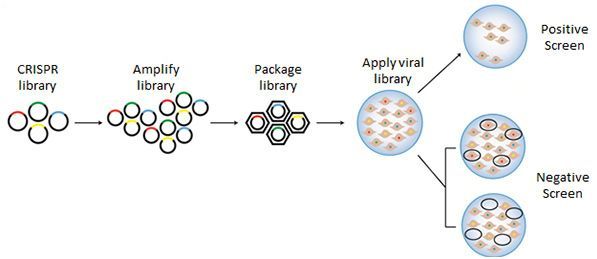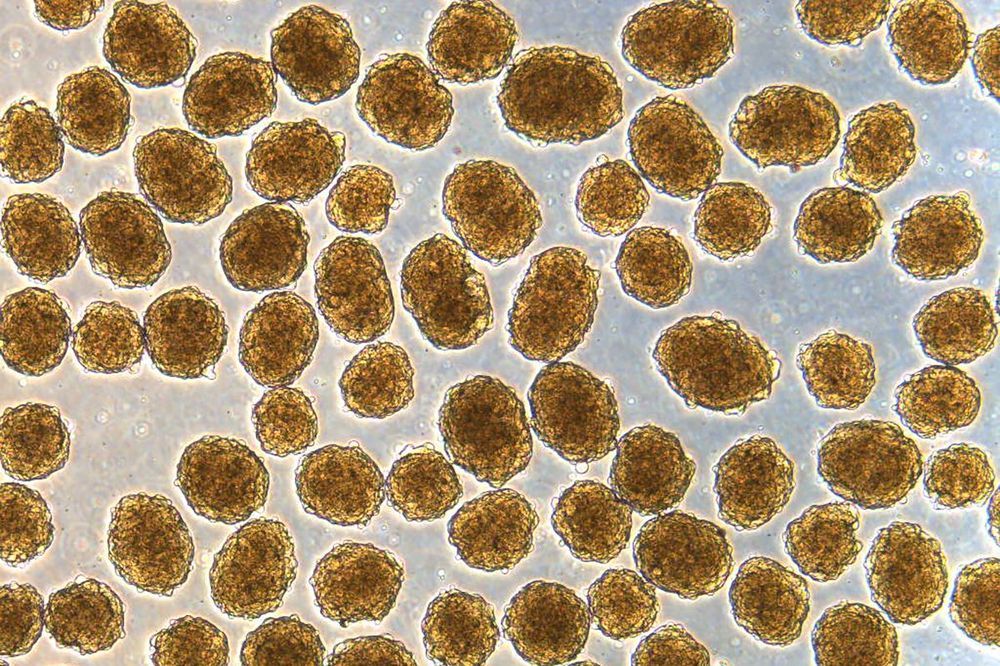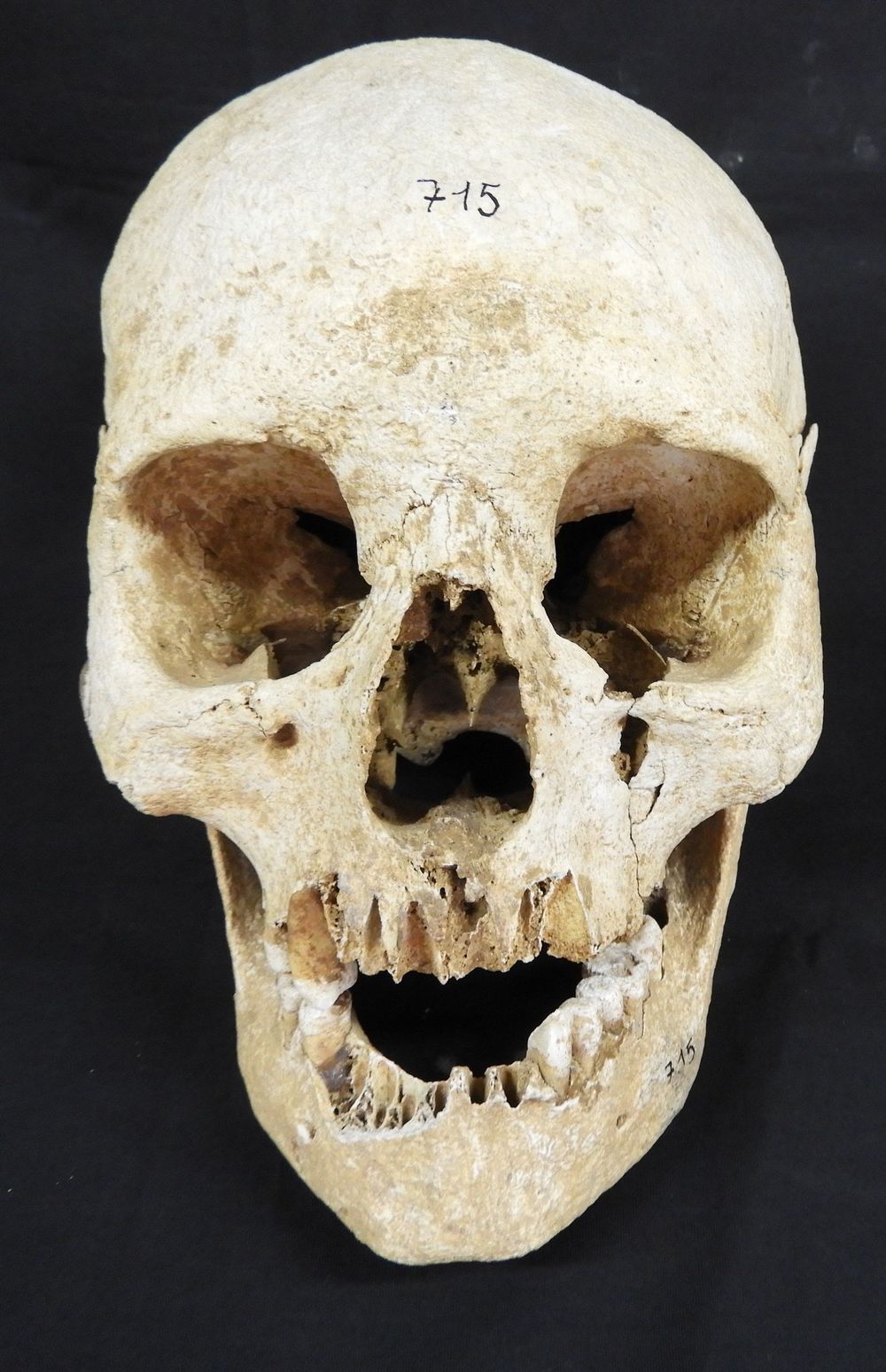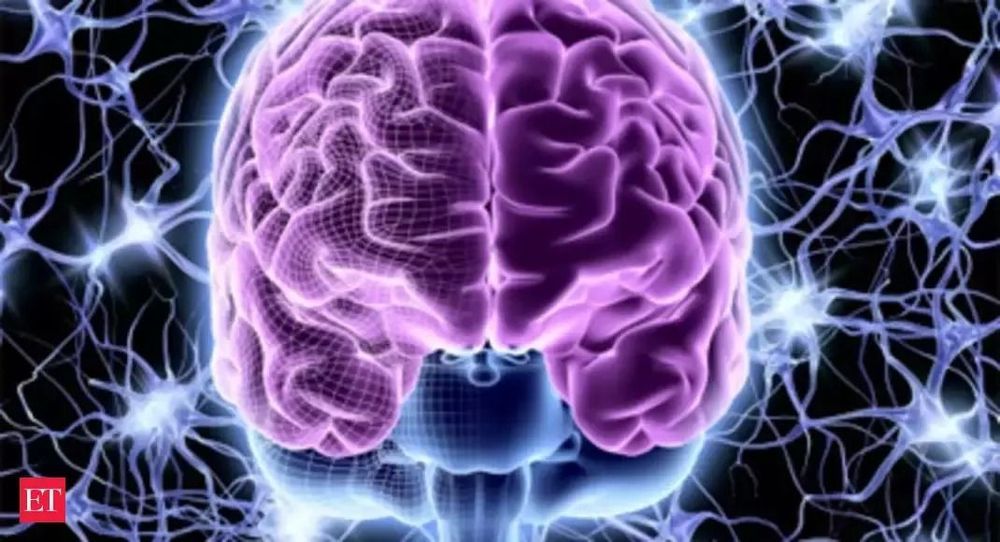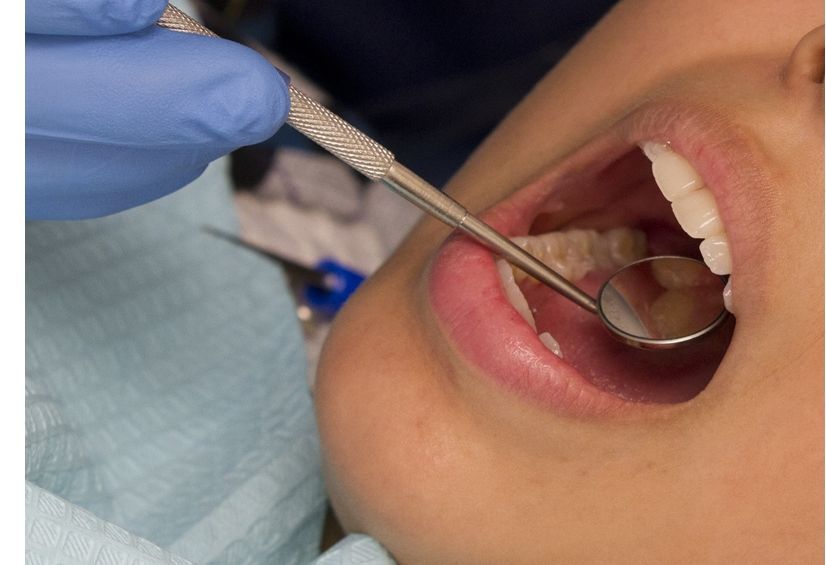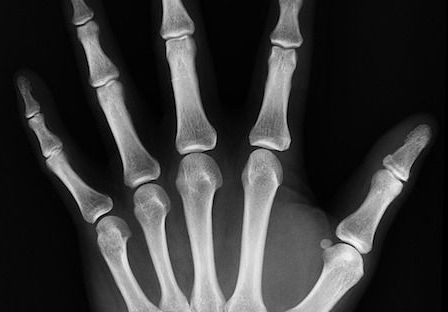The CRISPR Handbook – Enabling Genome Editing and Transforming Life Science Research is GenScript’s comprehensive guide to the CRISPR/Cas9 genome editing revolution. This new resource includes:
An introductory history of genome editing. The current applications for CRISPR/Cas9 in genome editing. An updated overview of expanded CRISPR research applications, including immunoprecipitation, epigenetic modification, live imaging, and therapeutics. New CRISPR/Cas9 workflows and case studies to help you start using this technology in your research.
CRISPR Handbook – Enabling Genome Editing and Transforming Life Science Research. Free PDF download on the CRISPR/Cas9 genome editing revolution, including CRISPR KO & KI workflows, case studies, and references.
